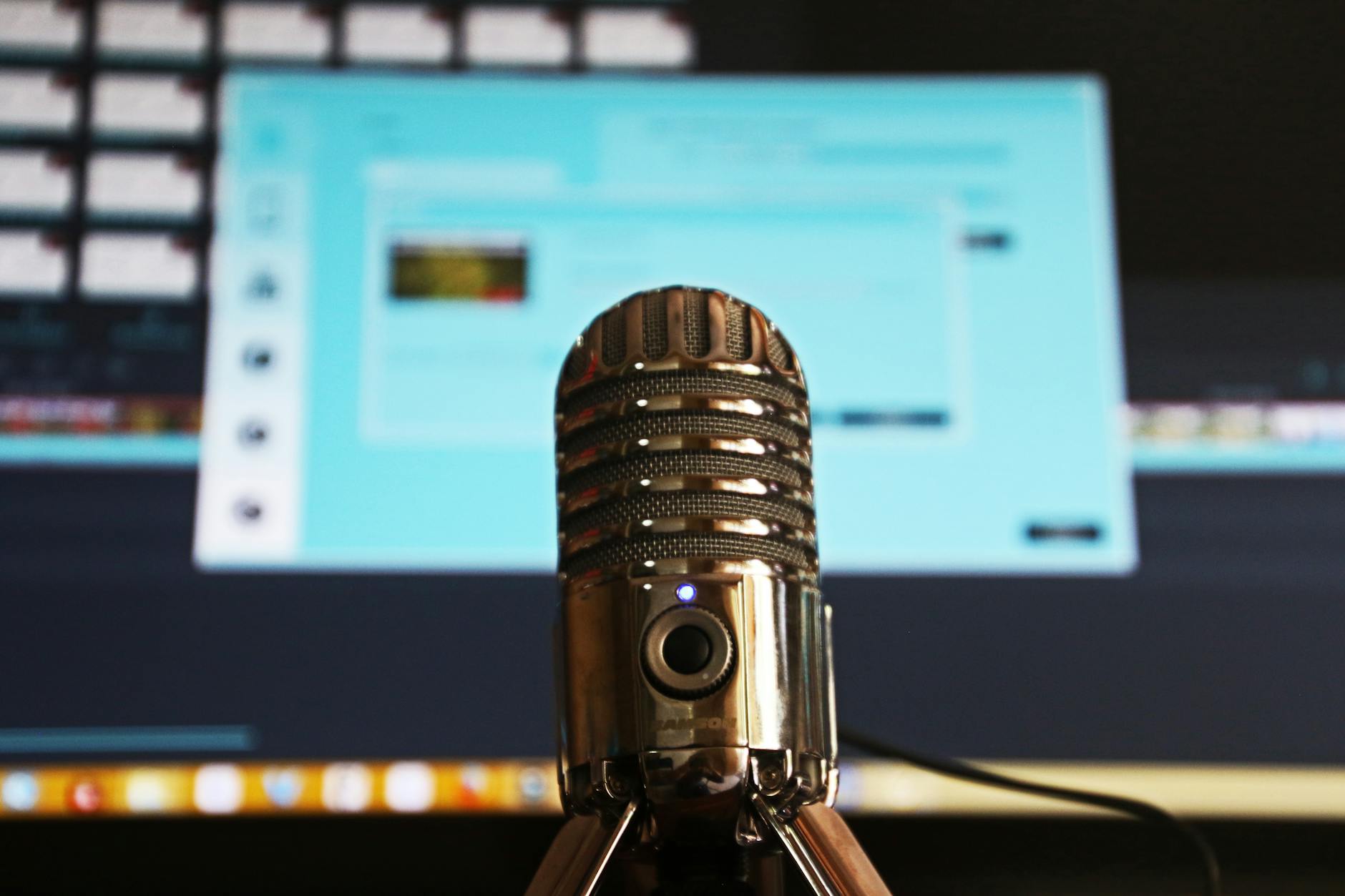One of the most amazing positions I ever held was as the head of technology for the career center at the University of Arizona. It was a chance opportunity that came out of the blue back in 2005, courtesy of a campus friend who knew I was looking for a change; when I met the team during my interview, I immediately fell in love with the work they were doing and was incredibly intrigued with how I might be able to play a role in making it happen. That began a ten-year gig working side by side with people who were completely dedicated to ensuring students had the best options possible once they graduated; it was hard work, nearly round-the-clock work, even, but the colleagues I got to know during that decade became trusted friends I remain in contact with to this day.
The office we once worked for has long since shifted to a new role more reflective of the current realities surrounding student placement; it’s a bit hard now to accept that none of the old gang I knew are there, for all of us moved on to new positions elsewhere on and off campus. Much of the work we did — and many of the tools I helped to create during my time there — have ultimately been lost to history at this point, save for the memories I still have of what we did back then.
One of the many cool things we pioneered nearly twenty years ago now was a weekly podcast filled to overflowing with tidbits designed to help students land on their feet once they graduated; while I originally intended to only be the technical wizard making and then publishing the episodes, I wound up also becoming the main voice of the series when our planned host was unable to participate. There’s some solace in knowing no one can hear some of those early recordings now, for I know I was insanely nervous and pretty tight with my delivery; over the course of the four years we produced not one but two different series, I grew into my role and somehow managed to find my NPR Voice. While it was most definitely not something I ever expected to do as a software developer, the experience introduced me to other ways of being creative beyond writing code; I am relatively certain now, looking back on it, that having to craft more than fifty scripts a year uncorked my desire to get back into writing in general.
I know that sounds a bit antithetical, but I learned a long time ago that writing begets more writing; once the monster is unleashed, there’s no telling how far that creativity will go. My podcast scripts were a fertile training ground for finding my unique voice, a way to practice how I wanted to sound with a willing audience that provided nearly immediate feedback. All of those lessons — the hard trial and error we went through producing that content — formed an invaluable education that I’d never have gotten anywhere else. There are a few duds in there, of course — when you do a weekly podcast for a full academic year, you’re bound to fall flat every now and then — but there were also a number of truly cool episodes I still think about. We did one where it sounded like the interview was taking place in a casino (it wasn’t), and another where I had the chance do an interview with a rep from the Disney College Program. My favorite, by a long shot, was our own take on the classic Who’s on First? skit, which wound up being our most downloaded episode. (If I can find the audio — and get permission from the colleague I recorded it — I’ll try to post it here.)
The work I did on those podcasts years ago came full circle when I decided to launch a podcast tied to my books. I thought it would be cool to have a way to provide some extra color to each novel, and loved the idea of it being a casual conversation between myself and a fellow reader. My goal is to have a podcast specific to each release, but as you can imagine it takes a bit of effort to pull something like that together. So far, I’ve managed to post material for my most recent books, and the long term plan is to go back and add content for my earlier ones. Unlike the work I did at the career center, these are far from scripted; while it’s true that my friend has a specific set of questions she wants to ask, I don’t always know what the topics are going to be. That’s led to some very organic revelations about my characters, my writing process as well as the overall scheme I’ve got planned for the both series. I hear something new each time I listen — and that’s saying something, since I was there for the recording in the first place.
Check them out if you can and let me know what you think. I have at least four podcasts planned for 2025, so your feedback will get incorporated into a future episode. I’m also open to any questions you want to hear answered, too — drop me a line and you might get to hear my response.
Where Can You Get The Podcast?
The main page for the podcast is at https://novelconversations.podbean.com. You can also find it on most major podcast platforms:
